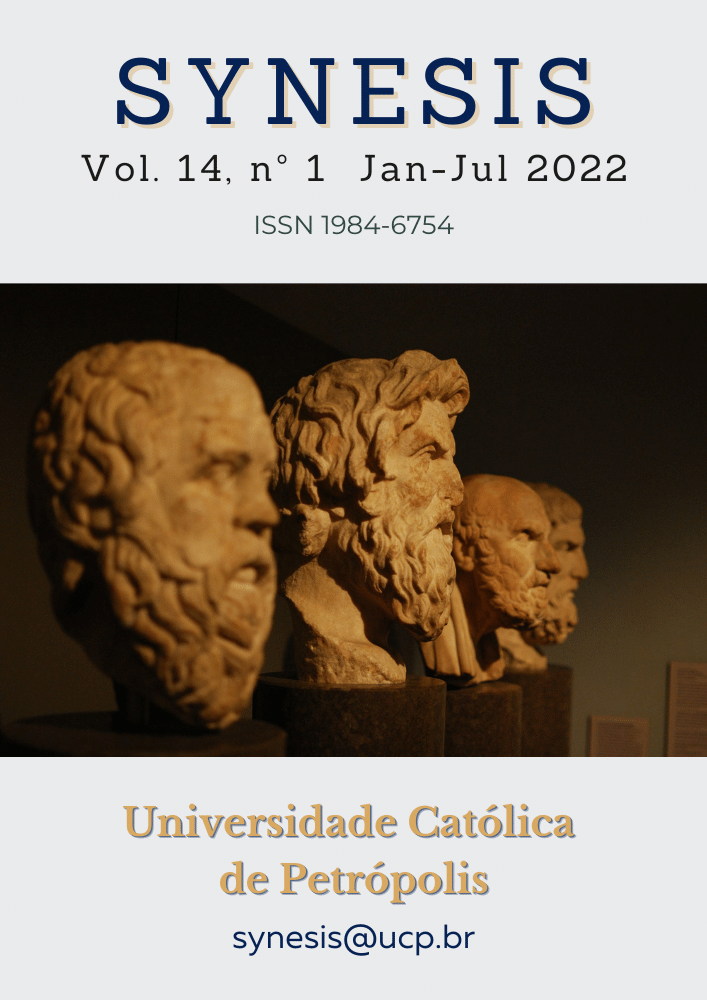Abstract
The subject of the author's research is the existing and possible theories describing the development or evolution of such a mental phenomenon as consciousness. The main approaches to the formation of such theories in their historical perspective have been considered. In particular, the currently relevant theory of integrated information by Tononi combines the idea of panpsychism about the fundamental role of the mental and the theory of evolution by Spencer about the increasing level of complexity in the world. The evolutionary theories of Dennett and Dawkins are based on the Darwinian idea of natural selection. The periodization of cultural and historical stages in the development of mankind and, as a consequence, the types of human thinking by Jaspers continues the tradition of Hegel's historicism and the isolation of the spiritual principle in the development of man by Dilthey. An approach to the evolution of consciousness within the framework of causal dualism has also been considered. The article proposes a thought experiment in which the ancient Greek philosopher Socrates is transferred to the present. The question of how a philosopher would perceive the type of thinking and consciousness of a modern person has been investigated. It has been concluded that Socrates belongs to a certain type of thinking corresponding to his historical period of the evolution of thinking and consciousness.
References
Chalmers, D. (2013). The Conscious Mind: In Search of a Fundamental Theory. Translated from English by Vasiliev, V. V. Moscow: URSS: Book House "LIBROKOM".
Dennett, D. (2004). Types of psyche: Towards an understanding of consciousness. Moscow: Idea-Press.
Gutfreund, Y. (2018). The Mind-Evolution Problem: The Difficulty of Fitting Consciousness in an Evolutionary Framework. Frontiers in Psychology, 9: 1537. DOI: 10.3389/fpsyg.2018.01537
Hegel, G.V.F. (1992). The phenomenology of the spirit. Translated by Shpet, G. G. Saint Petersburg: "Science".
Jaspers, K. (1991). The meaning and purpose of history. Moscow: Republic, pp. 32–50.
Kegan, R. (1994). In over our heads: The mental demands of modern life. Cambridge, MA: Harvard University Press.
Lebedev, D. (1874). Plato about the soul. Analysis of the dialogue "Phaedo" with the translation of the text of the conversation and explanatory notes to the translation. Notes of the Imperial Novorossiysk University, 13.
Lermontov, M. Yu. (2014). Hero of our time. Saint Petersburg: Lenizdat.
Metlov, V. I. (2016). An introduction to dialectics, or philosophy in science. From a thing-in-itself to a thing for us. Moscow: Lenand.
Plato. (1896). Phaedo, Plato’s talk. Translated by Lebedev, D. Moscow.
Razumov, M. S. (2008). "The problem of Socrates" through the eyes of Nietzsche. Vestnik Omskogo universiteta, 2, 58–62.
Safronov, A. V. (2021). Causal dualism. Moscow: Eksmo.
Soloviev, V. S. (1991). Lermontov. In: Philosophy of Art and Literary Criticism. Moscow.
Tinbergen, N. (1985). Behavior of animals, 1965. Translated from English. Moscow: Mir.
Tononi, G. (2008). Consciousness as Integrated Information: A Provisional Manifesto. The Biological Bulletin, 215(3): 216–242.
Vygotsky, L. S. (2005). Psychology of human development. Moscow: Publishing House of Meaning; Eksmo.

This work is licensed under a Creative Commons Attribution-NonCommercial-NoDerivatives 4.0 International License.
Copyright (c) 2022 Synesis (ISSN 1984-6754)

